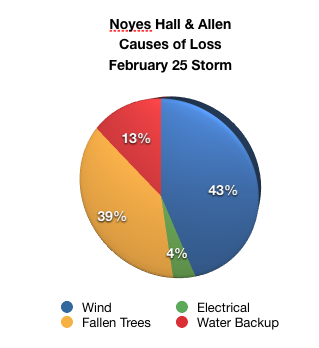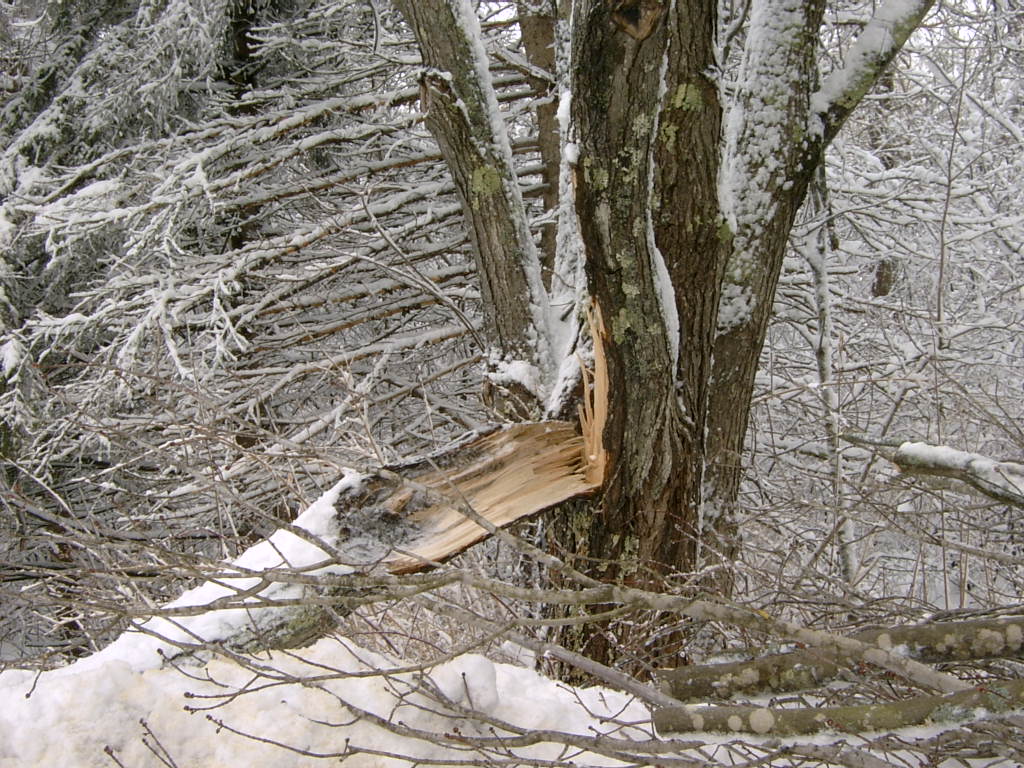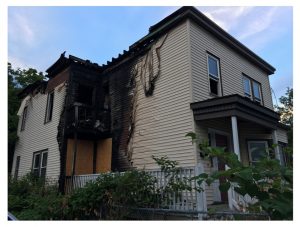As the Press Herald reported in this September 5 story, FEMA is updating its current flood hazard maps for much of the southern Maine coast. These maps are used to determine insurance costs in the National Flood Insurance Program (NFIP), the only flood insurance available for most properties. Maine business property insurance, homeowners insurance and condo insurance do NOT cover flood damage.
FEMA proposes to change the zoning of much waterfront property in South Portland, Portland and Cape Elizabeth. The cities of Portland and South Portland are challenging the new zoning, but there’s no guarantee that they will be successful.
The Zone Differences
FEMA’s zone classification system defines an area that has a 1 percent chance of being inundated by flood waters in a given year a “special hazard area”. There are two categories of “special flood hazard areas”, “A” and “V”.
The difference is that “A” zones are low-lying areas subject to flooding, while in “V” (velocity) zones, the water is more likely to flow with the increased hazard and damage of wave action. Many of the proposed changes would switch local oceanfront property from an “A” zone to a “V” zone; some may extend “A” zones to properties not previously considered to be in a “special hazard zone”.
How This May Effect You
Compared to properties not in a “special hazard zone”, Properties in an “A” zone:
- Pay higher flood insurance rates.
- Are required by FHA lenders to be insured for flood.
- Require an “elevation certificate” – a special survey that the property owner must pay for and provide to the flood program.
In addition to these conditions, properties in a “V” zone:
- Pay even higher flood insurance rates
- May be unable to purchase flood insurance if they’re on piers or wharves that are over water.
What You Can Do
View local flood maps at your local planning office.
If your property is proposed to be re-located into either an “A” or “V” zone, call your insurance agent immediately. Since the maps are not yet effective, property owners can take advantage of cost-saving options that allow them to “lock in” at their current zone. Depending on your property’s value and location, this could save you thousands of dollars per year.
For more information, contact Noyes Hall & Allen Insurance at 799-5541, or the FEMA Map Assistance Center at 877-336-2627.
* * * UPDATE * * *
The Portland Press Herald reported on September 21 that FEMA is delaying implementation of the new flood maps, and will re-start the appeal process, likely in early November. The agency cited technical errors in the notification process, not any methodological errors, as the reason for the delay.





 Your Landlord’s Insurance Doesn’t Cover You
Your Landlord’s Insurance Doesn’t Cover You